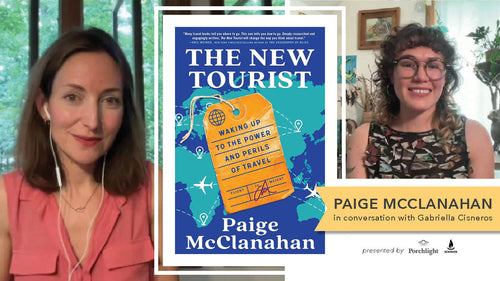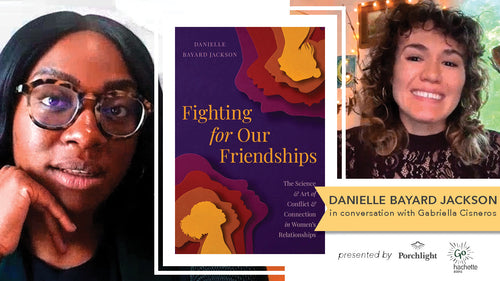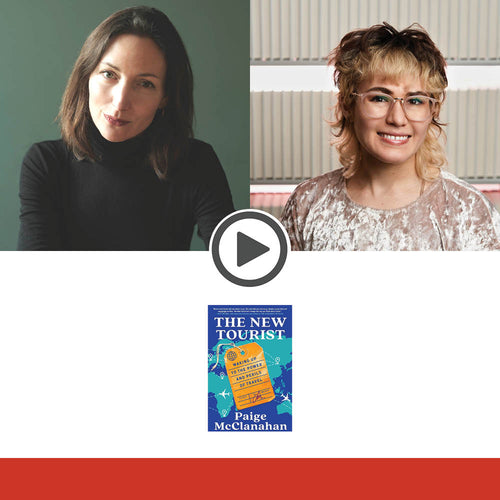Inside the 2021 Longlist | Innovation & Creativity
This year, I was tasked with selecting the best 10 books out of 151 between two awards categories. And not just any two categories, but the two that I believe are where the most noticeable, widespread, and universal impact is showcased and generated: Big Ideas & New Perspectives and Innovation & Creativity. As I read through the books on both lists, the line between these subjects began to blur. The strongest innovation mindsets lead to new perspectives. And reading about so many big ideas really does inspire me to think more creatively.
The innovation mindset and eagerness to create urges us to continue moving forward, building up, and upgrading. But we also need to remember to look to the past, where we will see what has held us back before will continue to hold us back if it goes unchecked.
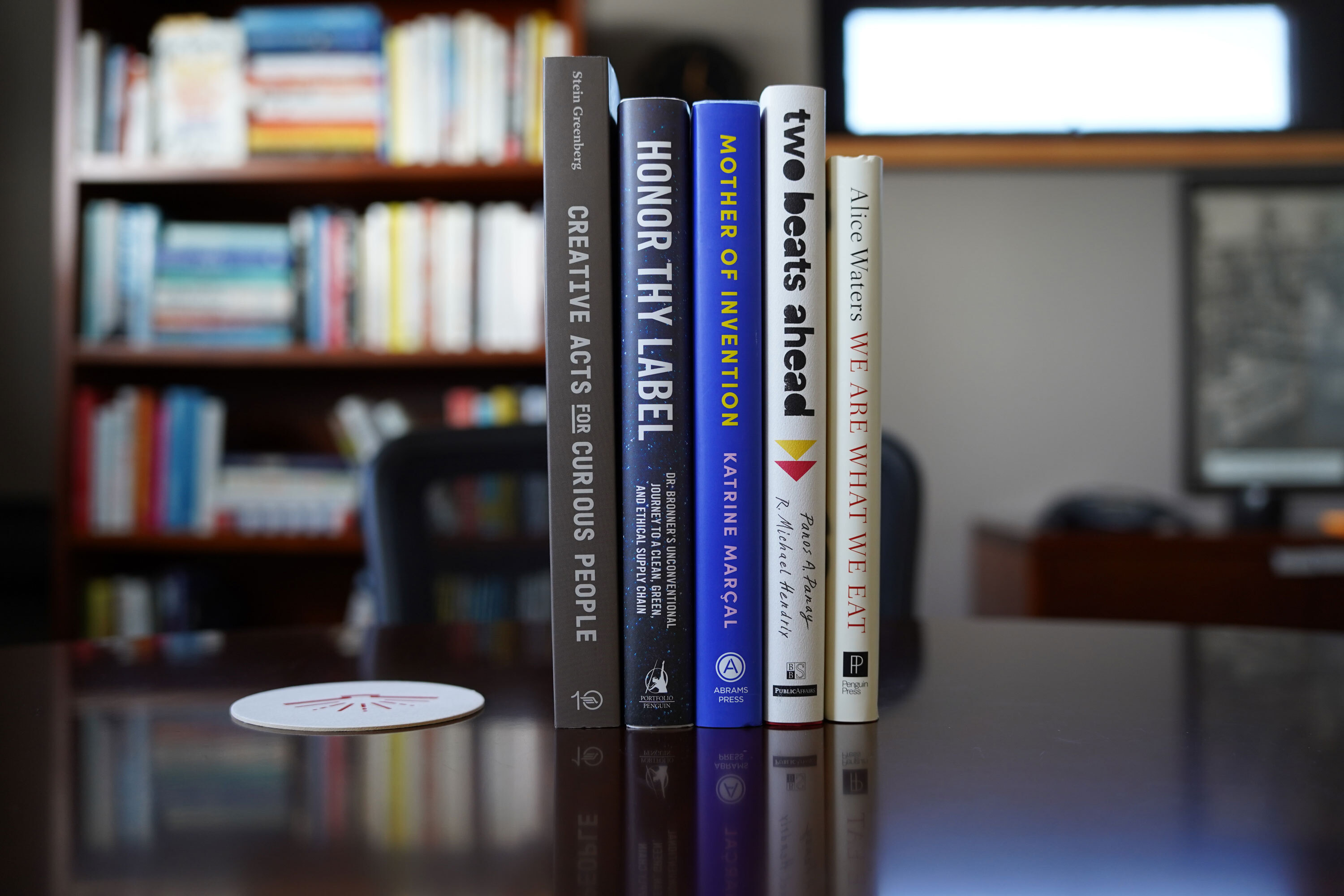
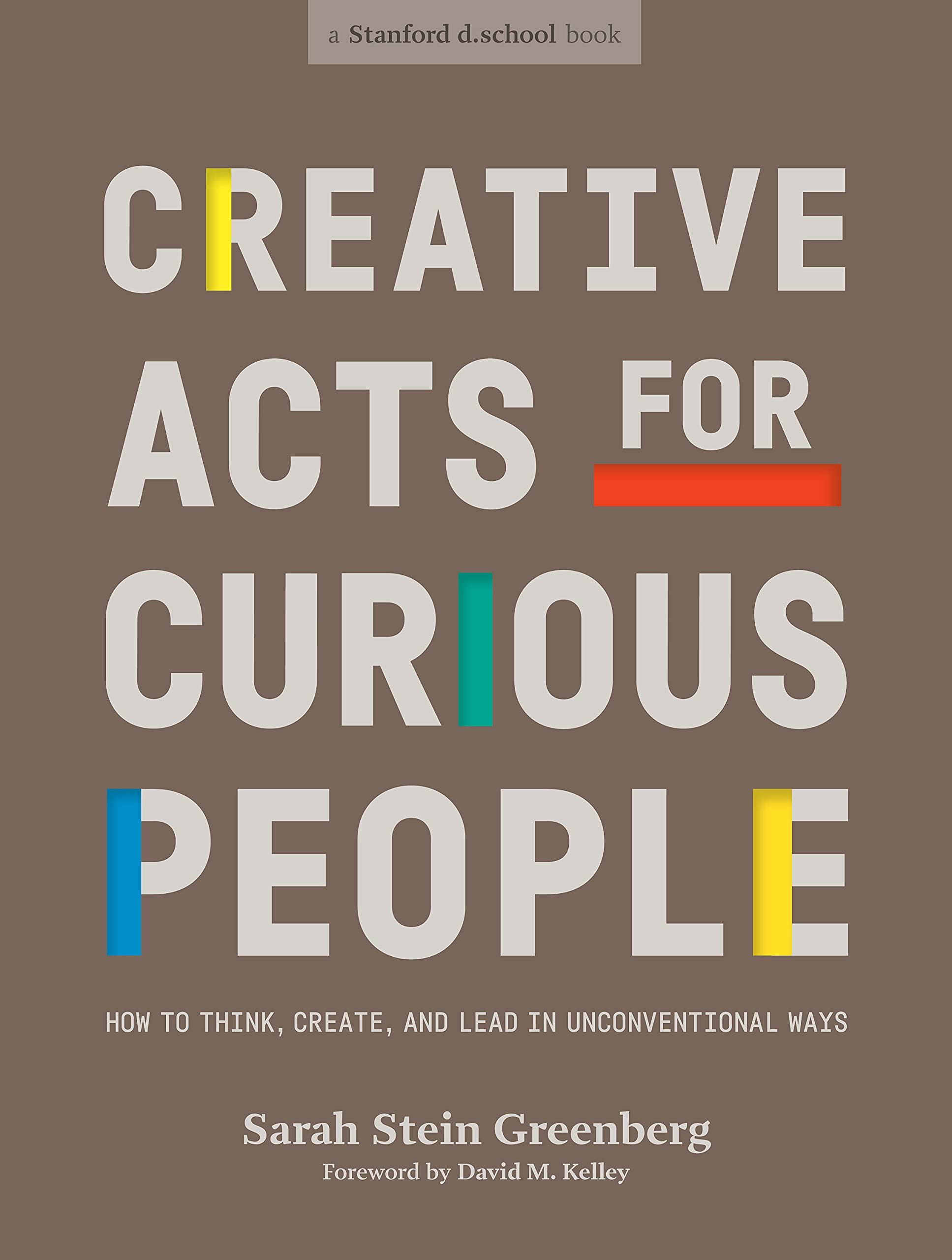 Creative Acts for Curious People: How to Think, Create, and Lead in Unconventional Ways by Sarah Stein Greenberg and Stanford d.school, Ten Speed Press
Creative Acts for Curious People: How to Think, Create, and Lead in Unconventional Ways by Sarah Stein Greenberg and Stanford d.school, Ten Speed Press
Establishing a creative practice for a grade in college is a lot different from incorporating creativity into a 9-to-5, and Creative Acts for Curious People provides the perfect bridge for those striving to practice creativity in any field—even those without a background in the arts. It’s just the right amount of whimsical, citing childhood influences like Peter Pan and Mister Rogers, paired with assignments for a variety of time constraints and situations. As stated in the introduction: "It's our belief that more creative, meaningful work emerges when we help each other undo the mindsets that limit us and instead hold each other up as creative individuals." This is an essential reminder that, although many creatives are introverted individuals, the social aspect of creativity is what brings about the best ideas.
It's funny how creative I consider myself, yet how focused on being "right" I can be. At first, I was looking for the answer to each exercise. Was my attempt good enough? And that is part of the training too, to re-wire your creative brain to stand on its own, apart from the analytical side that, I believe, is overwhelmingly more rewarded by our jobs and our society in general. Readers can pick up the book with a specific goal in mind and flip to that section—seeing things in a new way, working well with others, making sense of your insights, coming up with ideas, and many more—or decide what to try at random, dependent on how much time they have, or even based on which illustrations they like the most (my favorite method). This is a big book, but it's very easy to engage with and want to learn from. I’m very thankful that the Stanford d.school and Sarah Stein Greenberg are bringing some of the best teachings from an art education and making it accessible to people of all ages and economic statuses.
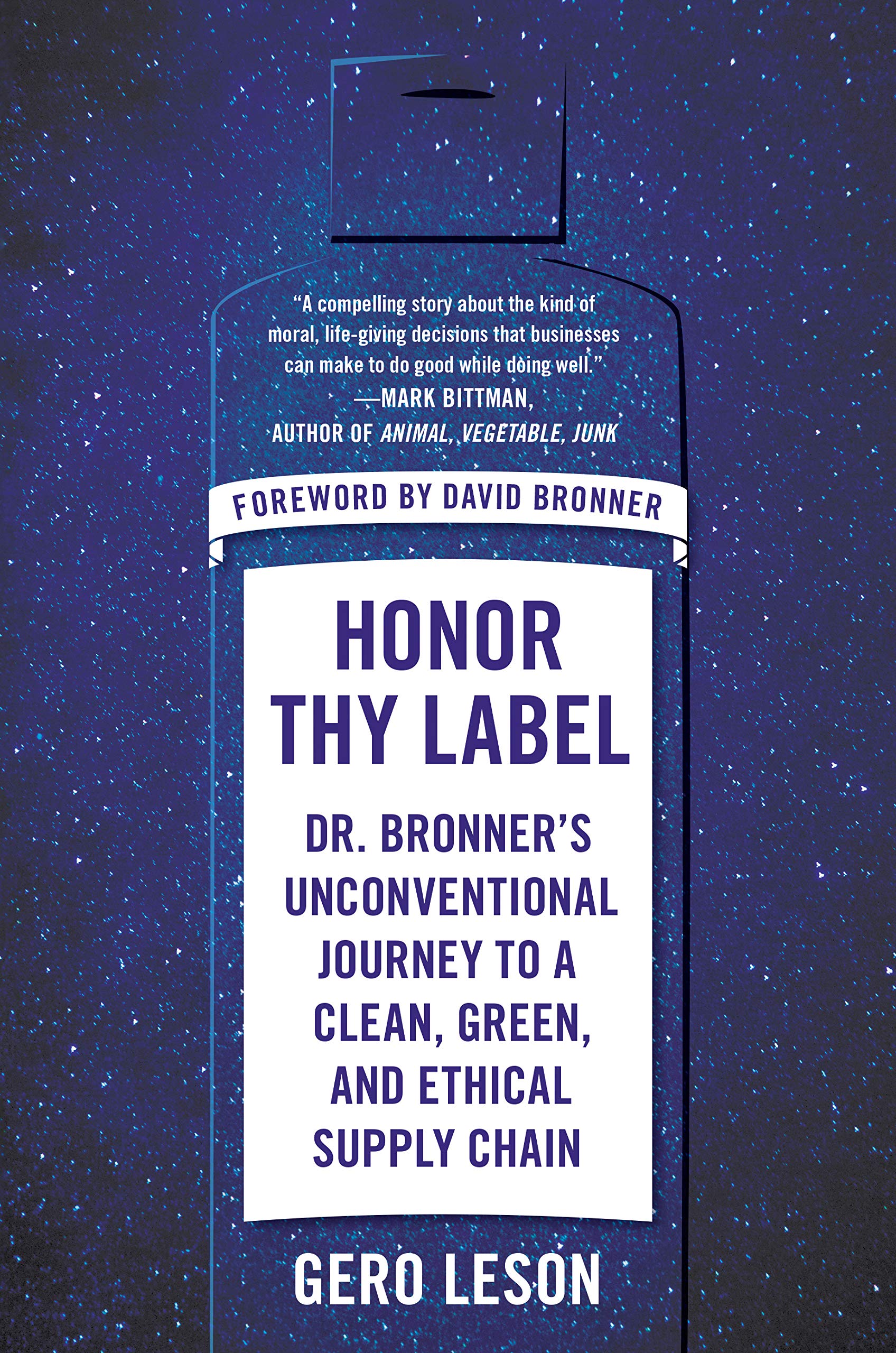 Honor Thy Label: Dr. Bronner's Unconventional Journey to a Clean, Green, and Ethical Supply Chain by Gero Leson, Portfolio
Honor Thy Label: Dr. Bronner's Unconventional Journey to a Clean, Green, and Ethical Supply Chain by Gero Leson, Portfolio
Famous for its large labels that list every ingredient in its products, it’s clear that Dr. Bronner's values transparency, which they display anew in the book Honor Thy Label. The story of this 80-year-old, family-run business gives entrepreneurs an example of a principled path to the type of business they want to be like as much as it gives all of us ideas of the humans we want to be like and surround ourselves with.
Leson points to several aspects of the supply chain and farming industries that still need to change, but having greater transparency in every step of production processes feels like a very good place for us all to begin. The big issues that Dr. Bronner’s tackles–stabilizing atmospheric CO2 levels, for example–may seem out of your or your businesses impact-capabilities, but this isn’t true! As Honor Thy Label makes clear, it is every interaction, every decision, every donation, every person in the company that makes a company do good, inside of and outside of itself. It’s wonderful to notice the ways that Porchlight’s mission and ethics overlaps with Dr. Bronner’s! We are proud to be creating and recognizing positive change in the world, one ethical business at a time, and we hope you and your own companies can do the same.
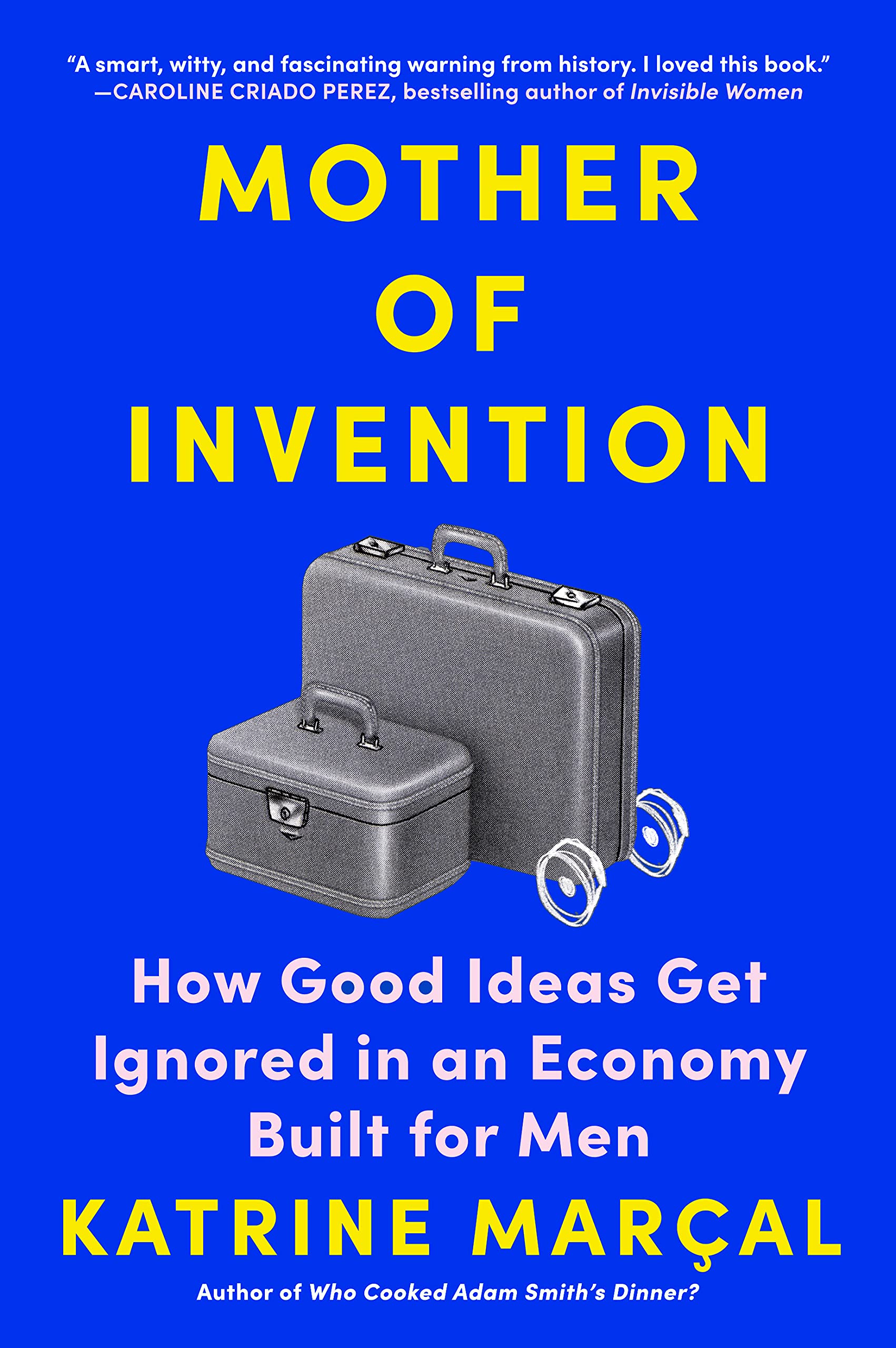 Mother of Invention: How Good Ideas Get Ignored in an Economy Built for Men by Katrine Marçal, Abrams Press
Mother of Invention: How Good Ideas Get Ignored in an Economy Built for Men by Katrine Marçal, Abrams Press
In Mother of Invention, author Katrine Marçal looks closer at the everyday inventions we take for granted: suitcase wheels, rubber, space suits, rollators. Many books highlight the trials and errors that are part of the inventing process, but Marçal explains how women have been left out of the limelight and had their successes separated into their own category of history–one that is less valued but just as, possibly even more, valuable. This consistent underappreciation for women’s achievements has perpetuated patriarchal myths about inventions—that only traditionally masculine and man-made inventions like weapons and heavy machines are worthy of being considered technology while woman-made inventions like textiles and ceramics are not—which Marçal effectively overhauls with a good amount of passionate snarkiness.
By providing a variety of everyday and historical examples of sexism, Marçal shows the domino effect of societal expectations, economics, and technologies that prevent women from receiving as much venture capital, compensation, and benefits as men, or from receiving something as simple as credit for their work. Mother of Invention is truly a unique book, combing through history with an eye to economics, sociology, and business, and explaining them all in an accessible way. Marcal shows how lack of equality and trust will hamper collaborative brilliance, making a solid case for uncovering your company’s and your own unintentional biases to better support all creative pursuits.
(This issue of undervaluing a certain group of people but, by extension, negatively impacting the greater population shows up again in a book on the Big Ideas & New Perspectives longlist, The Sum of Us. Another example of these two lists overlapping in themes.)
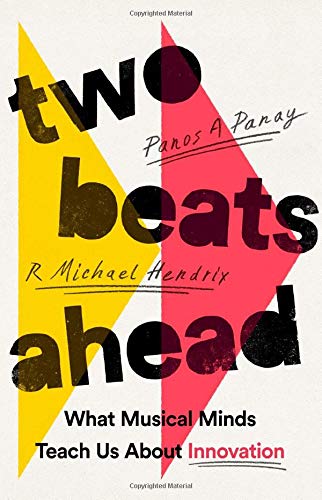 Two Beats Ahead: What Musical Minds Teach Us About Innovation by Panos A. Panay, R. Michael Hendrix, PublicAffairs
Two Beats Ahead: What Musical Minds Teach Us About Innovation by Panos A. Panay, R. Michael Hendrix, PublicAffairs
A lot of books that explore how the most successful innovators exercise creativity cite examples from across many different fields, but Two Beats Ahead smartly and uniquely digs into one industry: the music industry. Lessons on leadership from megaproducer and cofounder of Beats by Dre Jimmy Iovine, on collaboration from Grammy Award winner Pharell Williams, and on embracing unpredictability from ambient music legend Brian Eno are just a few of the many fascinating interviews in the book.
Beyond helping readers understand the various languages and thought processes of musicians, Two Beats Ahead highlights the nonprofit and startup work that musicians manage not outside of but in conjunction with their profession. What I find most exciting about highlighting a book about musicians is that there are many of us who love music (or at least listen to it daily) but still don’t know that much about the work that goes into making it. In Two Beats Ahead, Panay and Hendrix unpack the parallels between musicians and business people's problem-solving processes and the strategies they have used to improve their own creative practices and ultimately make their best work with a tight team of collaborators. Complete with playlists of songs that highlight characteristics featured in each chapter like sampling and remixing, demos, and silence, this book is an exciting tour of the 21st century music industry as much as it is a uniquely insightful book on embracing a new perspective on music, creativity, and leadership for yourself and your team.
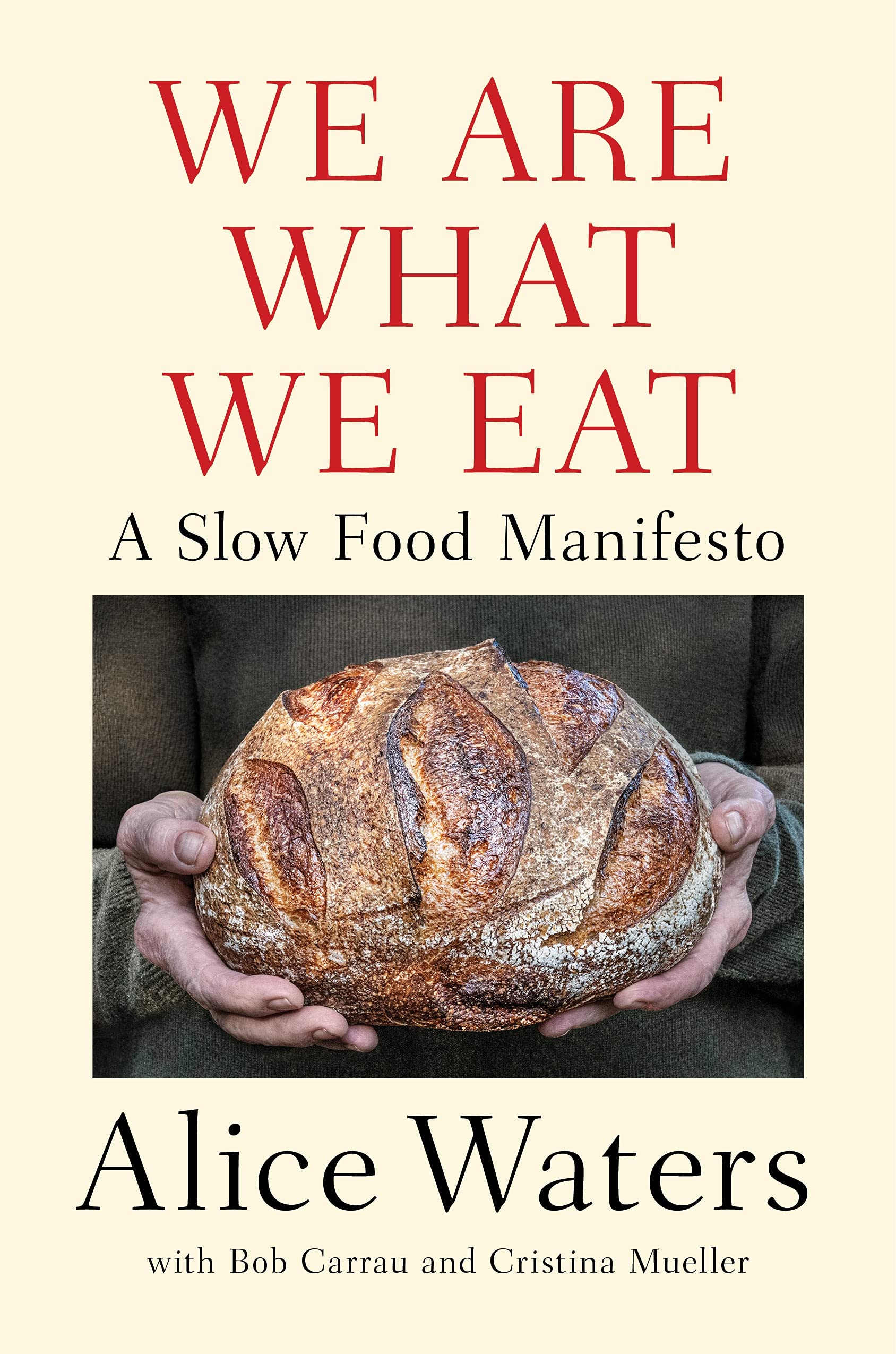 We Are What We Eat: A Slow Food Manifesto by Alice Waters with Bob Carrau and Cristina Mueller, Penguin Press
We Are What We Eat: A Slow Food Manifesto by Alice Waters with Bob Carrau and Cristina Mueller, Penguin Press
When Alice Waters started her restaurant, Chez Panisse, she didn’t just start a business–she started a whole movement. Since that time, farm-to-table has gained immense popularity and importance. So, it is fitting that her new book We Are What We Eat is more than a peek inside the restaurant business, it is a manifesto for better food for all. Inspired and guided by the Slow Food International organization in Italy, Waters explores how food "can enhance our communities, humanize our institutions, and help heal and replenish the besieged environment." She uses her restaurant's practices as examples of better ways to reconnect communities with good (nutritious, fresh) food, such as in the Edible Schoolyard Project which is a nonprofit that teaches public school students a variety of educational subjects and practical values through organic gardening. She also thoroughly illustrates how many problems of American society are linked to the same harmful values that make fast food so popular: convenience, quickness, and uniformity. And through recognizing these generally unhealthy expectations for our work, our food, our lives, it seems simple and extremely necessary to start making more conscious decisions for ourselves, our communities, and our planet. We Are What We Eat is essential reading for us all, entrepreneurs, restauranteurs, and eaters. It’s also a reminder that you don’t have to be a “foodie” to support your local restaurants, and with the pandemic putting more strain on the restaurant industry, they deserve better tips too.

